Mood-Boosting Nutrition

We need to eat to survive, right? However, most of us use food for many reasons beyond sustenance. Food may be a source of distraction for us or an anxiety-reducer. Food may be a way of avoiding emotions or simply curing boredom. If we are going to use food as something other than simply a way to feed our body, how about we use it as a way to boost our mood? Here are some keys to using food as a mood-booster and what foods to focus on:
Go Omega
Omega-3s are vital for brain health, as they help with your brain membrane as well as brain development and cell signaling. And a brain that’s healthy from omega-3s seems less likely to be depressed! In fact, research has shown that eating omega-3s regularly results in lower depression scores, while low levels of DHA (an omega-3 fat) have been associated with increased risk of suicide.
What to do: Increase your consumption of fatty fish (like salmon, mackerel and tuna), avocados, olive oil, nuts and seeds, or consider taking a fish oil supplement.
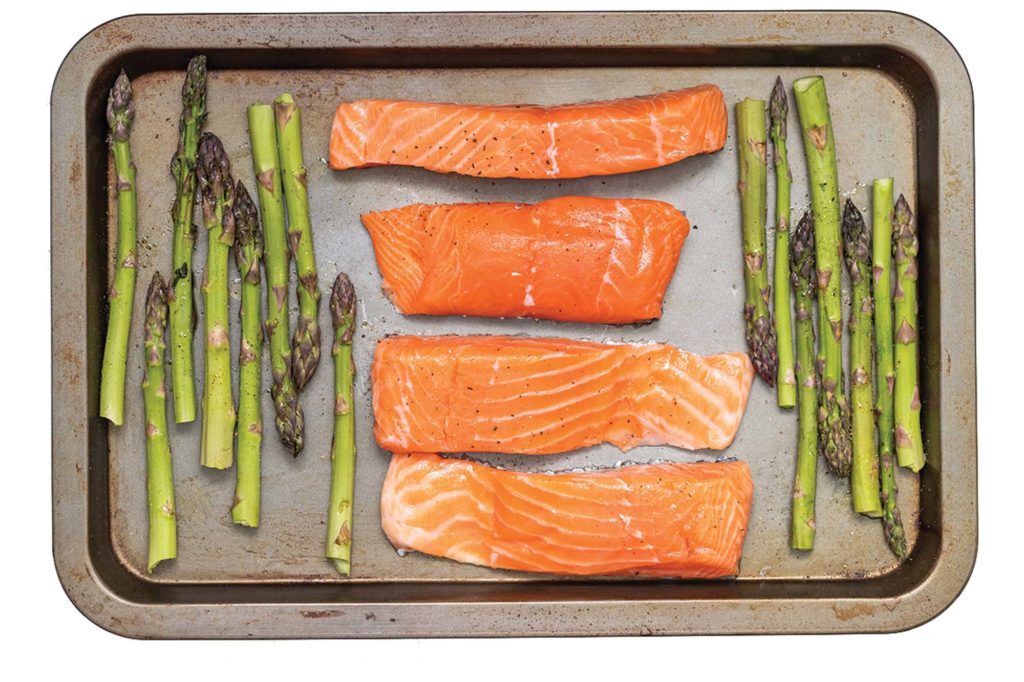
Fiberize Your Breakfast
Your mood is surprisingly tied to your blood sugar levels, and a happy mind is associated with stable blood sugar levels. Given this, the best way to stabilize your blood sugar is by eating slow-release energy foods that are high in fiber. Because fiber helps to slow your digestion of carbohydrates, it ensures that your blood sugar levels don’t spike and then quickly drop. Studies have shown that starting off your day with a high-fiber breakfast can actually help control both mood swings and irritability throughout the day.
What to do: Start your day off with a bowl of oatmeal or some eggs with 100% whole grain toast.
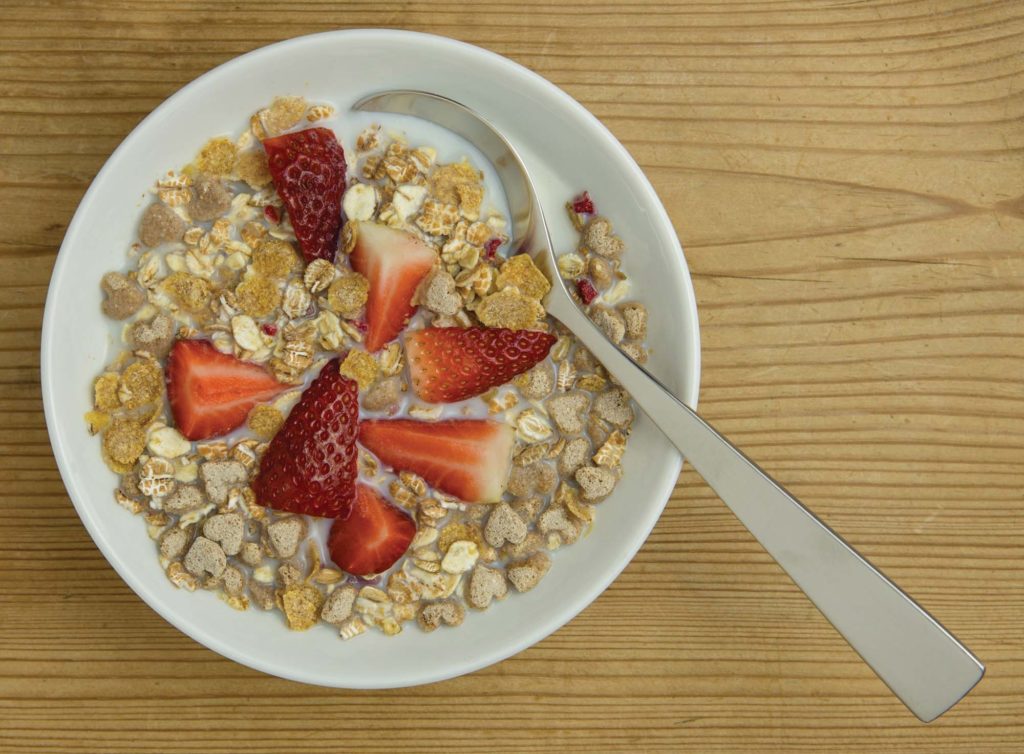
Get Your Five a Day
Antioxidants are molecules that help fight the oxidation that can lead to aging and inflammation, and they are found in abundance in fruits and vegetables. Without antioxidants, our bodies create free radicals, and these free radicals have been linked to both anxiety and depression. Because increased antioxidant consumption helps prevent these free radicals, a high-antioxidant diet is preventative for anxiety and depression. In fact, greater fruit and vegetable consumption has been associated with less depression and psychological distress, fewer mood problems and greater optimism.
What to do: Eat five fruits and veggies daily, focusing on produce that is rich in color (which means they are high in antioxidants). Pro tip: Purple and blue foods (e.g. berries, eggplant, cabbage) are particularly high in anthocyanins, an antioxidant that can be very effective in warding off depression.
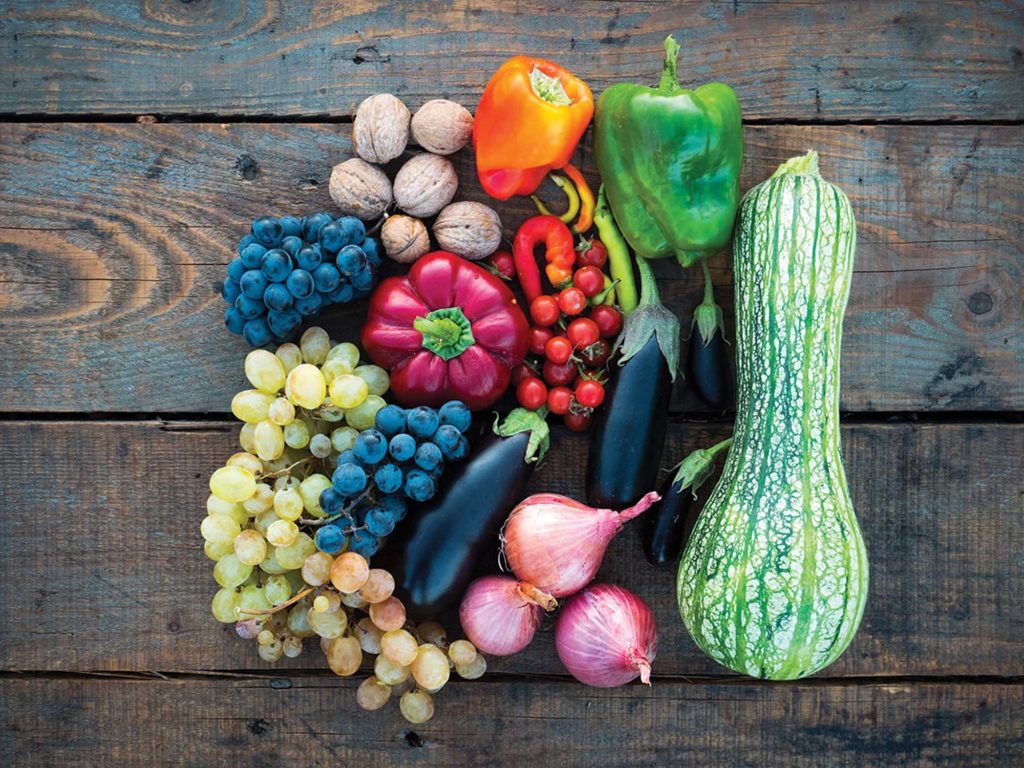
Keep Your Gut Happy
More and more research is coming out on what is called the “gut brain,” because gut health is so closely tied to brain health. In fact, 90% of your body’s serotonin (a neurotransmitter that affects mood and stress) is produced in your gut! So, a happy gut means a happy mind. In order to keep your gut happy, you need to introduce beneficial microbes, also known as probiotics, and provide the right food for those microbes, also known as prebiotics, or soluble fiber.
What to do: Eat probiotics and prebiotics regularly. Probiotics are fresh fermented foods including yogurt, kefir, kimchi, sauerkraut and tempeh. Prebiotics are soluble fiber-rich foods including unripe bananas, sunchokes/Jerusalem artichokes, garlic, onions, asparagus, leeks and chicory root.
Stop The Processing
You already know that keeping your blood sugar stable is the best way to control your mood. So, clearly, foods that cause major blood sugar spikes and drops would prevent this. The worst contenders? Processed white flour and sugar. While these foods can give you a quick energy spike, because they lack fiber, this spike is quickly followed by a drop that causes fatigue, mental sluggishness and irritability.
What to do: Avoid processed white flour and sugar, and replace them with whole grains and fruit to keep your blood sugar stable and provide long-lasting energy.
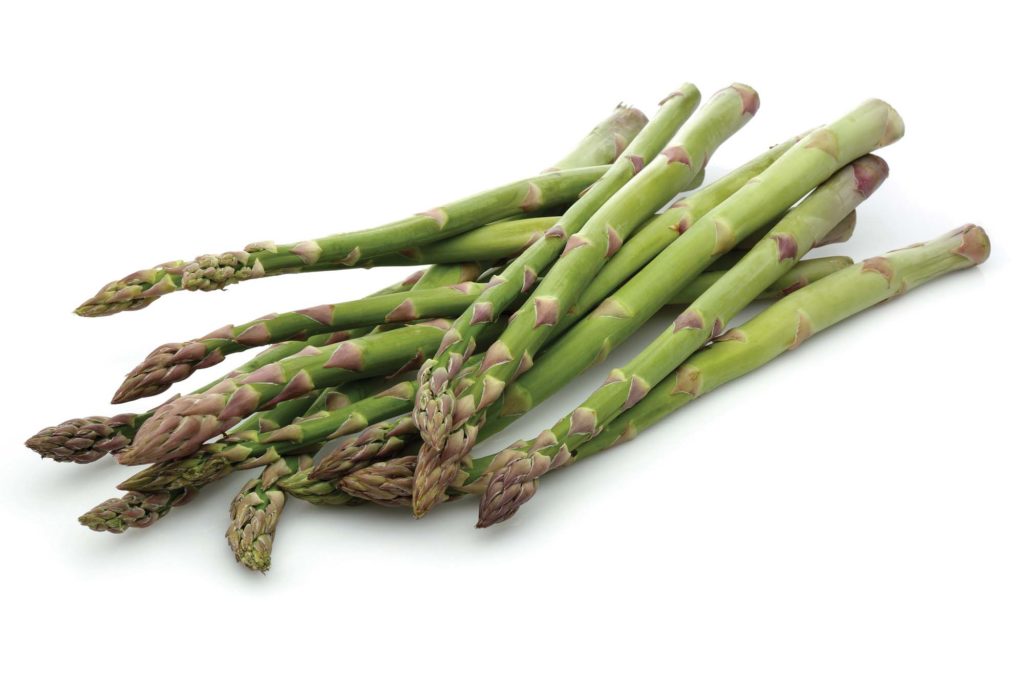
Try Some Tryptophan
Tryptophan is an amino acid found in certain foods, and it is also a precursor to serotonin. You may recall that serotonin is a neurotransmitter that impacts our mood and stress levels, so anything that helps create it for us is a good thing! In fact, research has shown that low levels of serotonin have been associated with depression, anxiety and aggression.
What to do: Incorporate tryptophan-rich foods into your diet including chicken, turkey, eggs, fish, nuts, seeds, milk and tofu.
Focus on incorporating these simple changes into your diet and start reaping all the benefits of these mood-boosting foods!
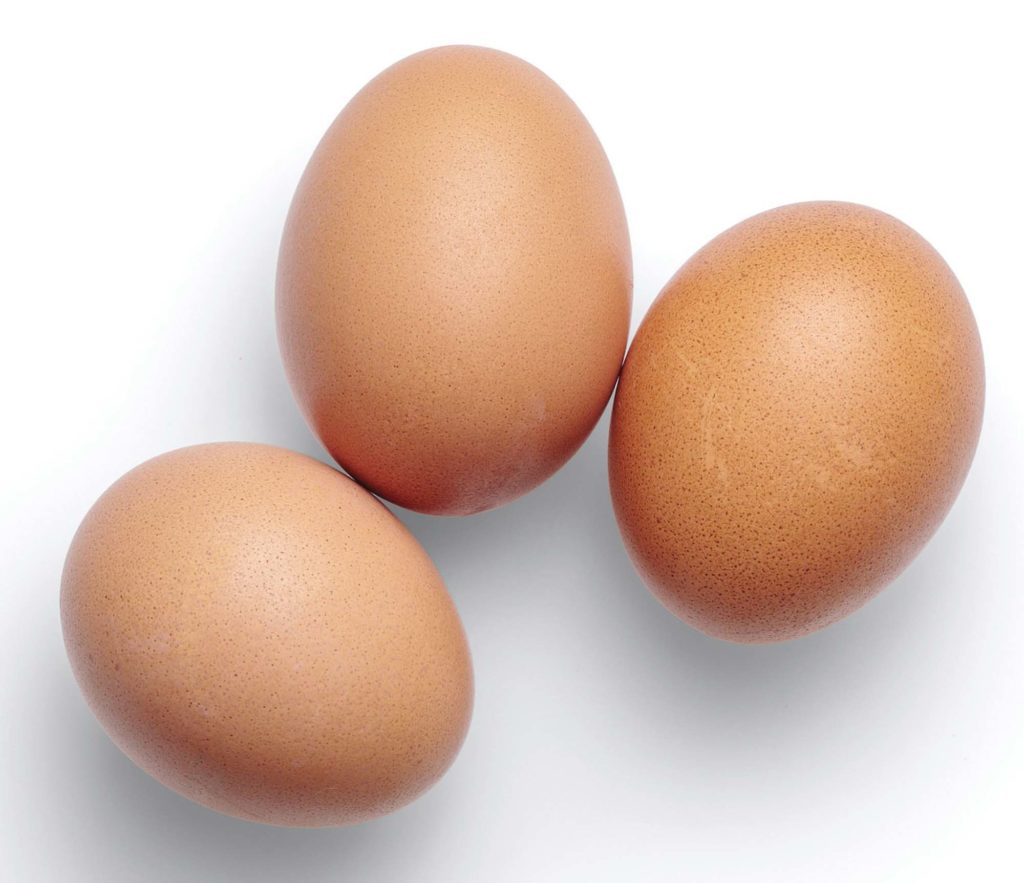
About the Author

As a therapist, author, speaker, coach and former yo-yo dieter, Candice Seti, PsyD., is committed to helping others achieve health and wellness while gaining self-confidence, stopping self-sabotage and achieving their goals. She maintains a private practice in San Diego, California, where she works one-on-one with individuals, helping them understand their maladaptive behaviors and thought patterns while replacing them with a healthier perspective that allows them to overcome self-sabotage and thrive in their lives. She is the author of The Self-Sabotage Behavior Workbook and Shatter the Yoyo.






